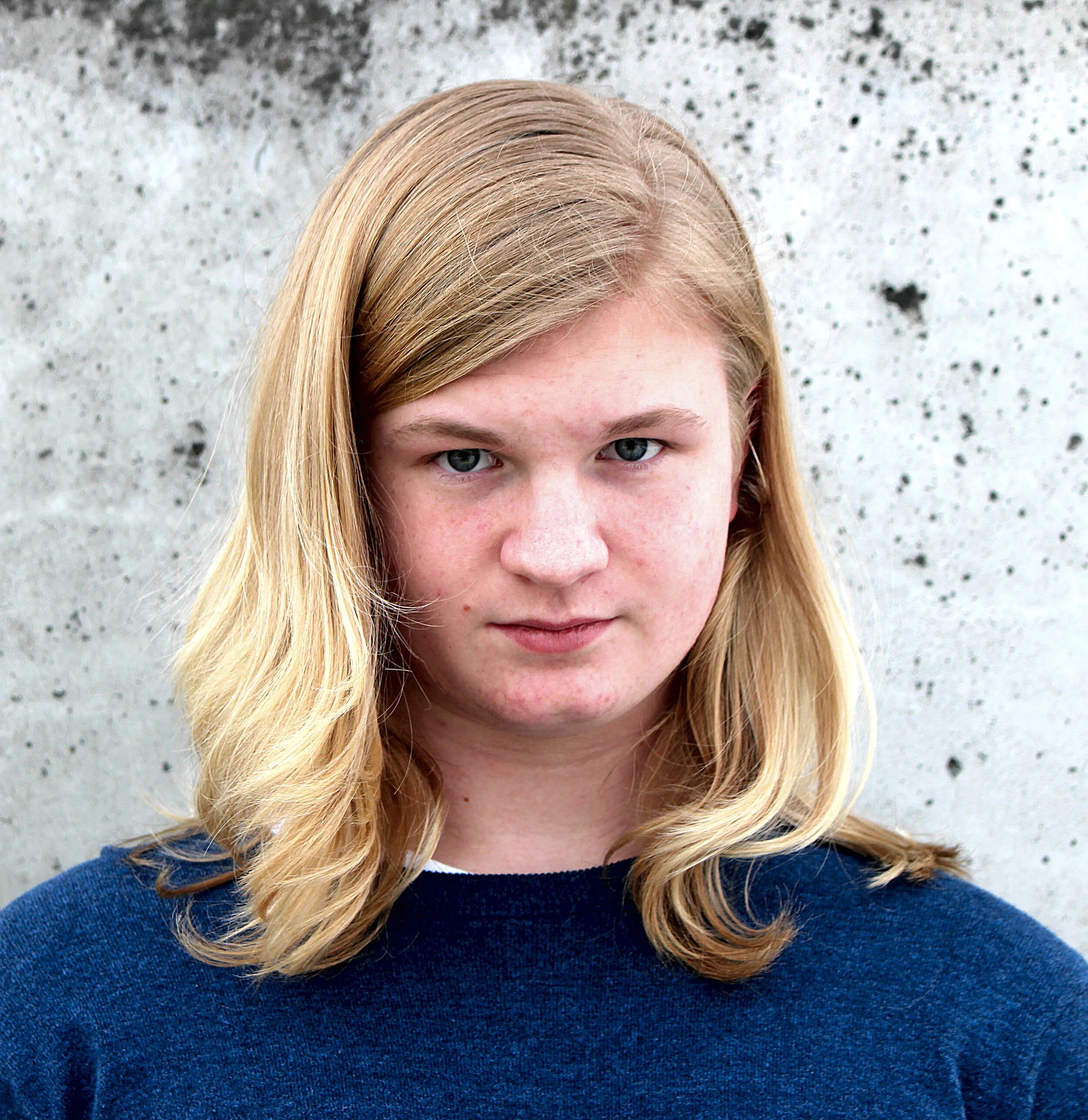10 Tips To Filming Your College Audition Prescreens Like A Pro
So you want to pursue a degree in musical theatre, you’re ready to audition for college programs, and you realize you have to send in a prescreen.
You may be asking… what exactly is a prescreen?
In order to save time and money, many college programs require prescreen videos. These videos will help the faculty to decide whether or not you will be granted an “in-person” audition.
Prescreens are video recordings of your audition pieces. Often, you will have to record yourself performing two contrasting songs, two contrasting monologues, and occasionally choreographed dance piece to evaluate your technique.
Here’s how to film your college audition prescreens like a pro.
1. No need to hire a professional.
Most students film prescreens on their own. A professional recording can be helpful, but in many cases - iPhone cameras work just as well. Technology is so good these days that it’s almost impossible to mess it up! However, if you would still like to go ahead and have a professional videographer film your self-tapes, then by all means WERK!
2. Plan out the shoot.
Make sure you have everything you possibly need to film and plan out the structure. One of the worst feelings in the world is to finish filming… only to realize you forgot an introduction video requirement or a monologue.
3. Apply and reapply makeup.
Depending on your lighting and location, the camera may pick up a shine on your face that’ll be distracting. Keep your makeup light and natural - a little goes a long way.
4. Pay attention to the background, lighting, and sound balance.
The background should be clean and simple. Try a plain wall with a neutral tone or a standard royal blue. Don’t have a blank wall? Not to worry! I highly suggest investing in this ePhotoInc Collapsible Backdrop.
The lighting should be bright enough to see your face clearly. Natural light is great - but if you can get your hands on a ring light, even better! The light from the ring light is crisp and with the right able, won’t bring any shadows onto your face.
For obvious reasons, make sure to balance your sound appropriately. It is better for the music to be low so they can hear you than for it to overpower you.
5. Double check the directions.
Each college will inevitably ask for something different. It’s your job to stay on top of their requirements. I suggest making a spreadsheet to keep all your information in one place.
6. Know the difference between direct-to-camera and off-camera focus.
The general rule that you want to follow is that slates and any video introductions should be filmed looking directly into the camera lens; monologue and song material should be filmed with you looking slightly to the left or right of the camera. You would never deliver a monologue or song in a college audition using the audition panel as your scene partner, and the same rule applies to pre-screen filming.
7. Establish your physical parameters before filming.
You want to stay in frame at all times, so if you’re moving at all in your audition material, make sure you know what your physical boundaries are to stay in frame. You’ll have to adjust slightly for the film medium. If you move out of frame or get too close to the camera, your brilliant take might not be usable.
8. Be mindful of the framing specifics that each college asks for.
Some pre-screen schools want a mixture of “full body” and “waist up” shots.” Depending on your combination of pre-screen schools, this might require you to budget more time in your filming to readjust your framing.
9. Don’t forget the pre-screen supplemental essays!
Some programs may ask you to submit an additional arts-based supplemental essay or offer the possibility of sending an optional video. Programs wouldn’t ask you to complete these extra essays if they weren’t important; they use essays like this to get to know you better, to see how you write and think, and to measure your seriousness about the program.
10. Edit with care.
Using either iMovie or another video editing program, add a few transitions and titles to your video.
For example: Have a title screen at the beginning with your Name and Hometown.
If you have time, personalize it by listing what the audition is for under your name and home town. Don’t go too crazy with the edits… you want to show college programs exactly who you are and what you have to offer!
Maggie Bera is a NYC-based actress, entrepreneur, and founder of Actor Aesthetic. She has her BFA in Musical Theatre from Texas State University.












High schoolers - listen up! Here’s a general timeline to follow when preparing for musical theatre college auditions.